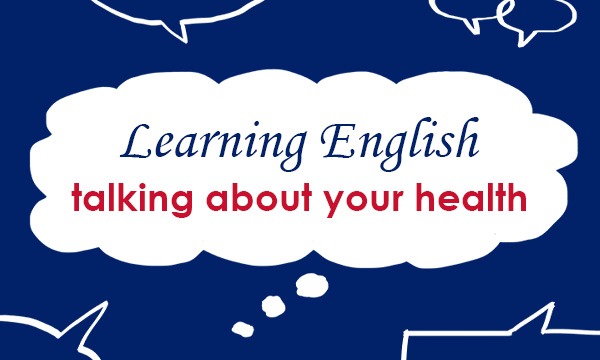
After saying hello to someone, especially someone we know, we usually ask about their health, by saying How are you? You can also ask about someone else’s health in the same way.
Hello, Jan. How are you?
It’s great to see you, Anna. How are you?
Hi, Emma, how is the family?
To answer that question, use I’m fine, thanks. or I’m very well, thank you. If you are not feeling so good, you could say Not great, really. or Not too good, actually.
How are you today? – I’m fine, thanks. You?
I’m not too good, actually.
If you need to describe a medical problem, you can use I’ve got …
I’ve got a cold.
I’ve got a temperature.
I’ve got a chest infection.
If you want to say which part of your body hurts, use My … hurts or I’ve hurt my …
My back hurts.
His foot hurts.
I’ve hurt my neck.
If the pain you have is an ache, you can say which part of your body it is in by using I’ve got … ache or, more informally, I’ve got a sore …
I’ve got a headache.
She’s got toothache.
I’ve got a sore stomach.
He’s got a sore back.
You can talk about more general problems that you are having by using I feel …
I feel tired all the time.
I feel sick.
I don’t feel well.
Come back for more blogs on using English in everyday situations: https://blog.collinsdictionary.com/language-learners/learning-english/
All opinions expressed on this blog are those of the individual writers, and do not necessarily reflect the opinions or policies of Collins, or its parent company, HarperCollins.



